The problem with root cause analysis
Attempts to learn from high-risk industries such as aviation and nuclear power have been a prominent feature of the patient safety movement since the late 1990s. One noteworthy practice adopted from such industries, endorsed by healthcare systems worldwide for the investigation of serious incidents, (1-3) is root cause analysis (RCA). Broadly understood as a method of structured risk identification and management in the aftermath of adverse events, (1) RCA is not a single technique. Rather, it describes a range of approaches and tools drawn from fields including human factors and safety science (4,5) that are used to establish how and why an incident occurred in an attempt to identify how it, and similar problems, might be prevented from happening again.(6) In this article, we propose that RCA does have potential value in healthcare, but it has been widely applied without sufficient attention paid to what makes it work in its contexts of origin, and without adequate customisation for the specifics of healthcare. (7,8) As a result, its potential has remained under-realised (7) and the phenomenon of organisational forgetting (9) remains widespread (Box 1). Here, we identify eight challenges facing the utilisation of RCA in healthcare and offer some proposals on how to improve learning from incidents.
Duiding score:
Duiding:
Welke beheersmaatregelen zijn beschikbaar?
Doelgroep(en):
- Beleidsmakers
- HSE managers
- Operationeel leiderschap
- Tactisch leiderschap
- Toezichthouders
Risicothema:
- Monitoring and Learning - Leren van Incidenten
| Categorie | Uitgever | Maker | Taal |
|---|---|---|---|
|
Publicatie |
- |
M.F. Peerally |
English |

